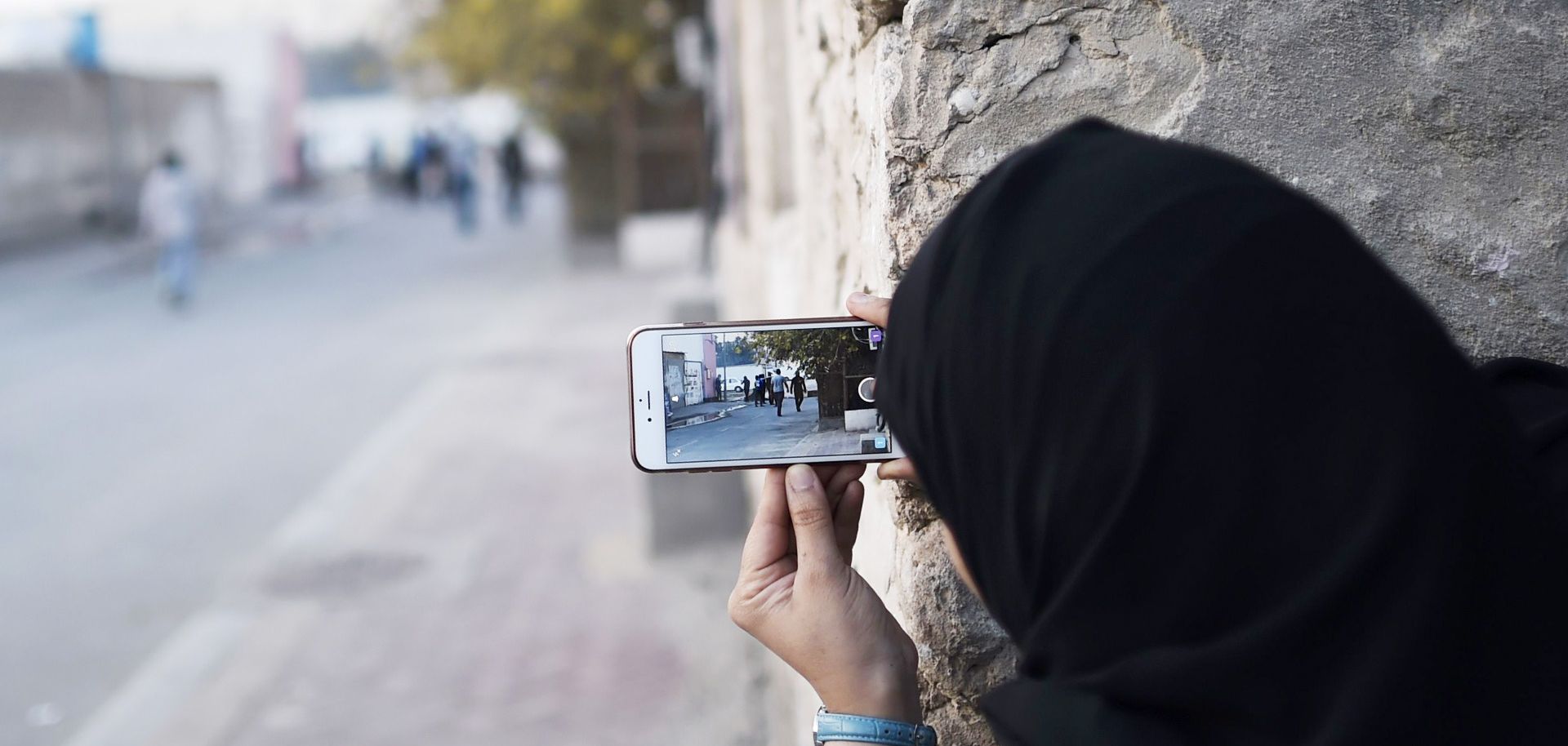As technology has progressed, Internet and cellphone users have gained greater freedom and privacy. At the same time, governments can use some of the same tools to achieve their own ends, whether for simple communication or for better surveillance. For states like Iran and Saudi Arabia -- which, for all their fierce rivalry, share the same struggle in managing political opposition at home -- these technologies present both an opportunity and a challenge to leaders striving to maintain control over communications.
Despite their antagonism toward each other, Iran and Saudi Arabia have similar strategies for regulating electronic interaction. Both monitor citizens' emails, social media and text messages in the name of protecting their nations' moral fiber and national security. And without the capability to develop their own equivalents of popular programs such as Twitter, Telegram, WhatsApp and Facebook, both countries have been forced to accept the risks of such applications along...

